Discover the Top 12 Educational Apps to Engage and Educate Your Child
- 15/01/2024
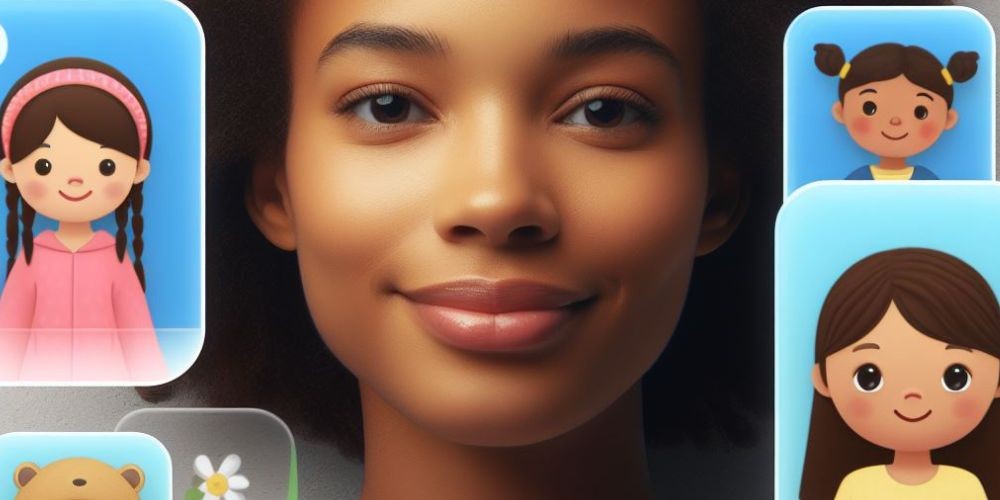
Education has taken a leap into the digital era, where traditional books and blackboards are now complemented by interactive and technologically advanced tools. Leveraging the power of mobile technology, educational apps have become an essential part of teaching and learning. Not only do they provide a unique learning experience, but they also make education enjoyable for kids. Here are the 12 best learning apps designed to pique children's interests and transform screen time into an insightful educational adventure.
1. SplashLearn: A Sea of Knowledge and Fun
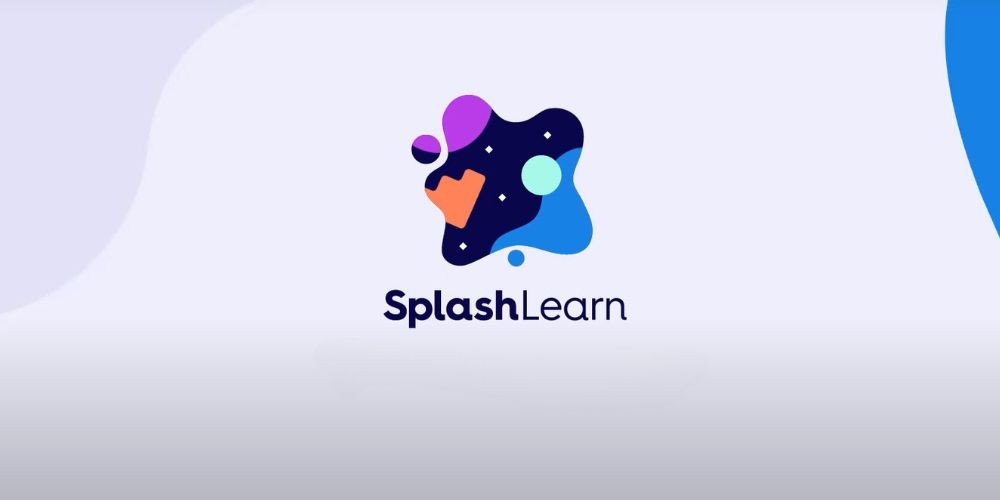
SplashLearn takes learning to a new level with an engaging curriculum in math and ELA for PreK-5 students. This platform is rich with interactive games that tailor the difficulty to the child's learning pace.
- Pros: Adaptive learning technology ensures kids remain challenged at the right level, while progress tracking keeps parents in the loop.
- Cons: It is subscription-based, which may not be ideal for all budgets.
2. ABCmouse: Setting the Foundation Firmly
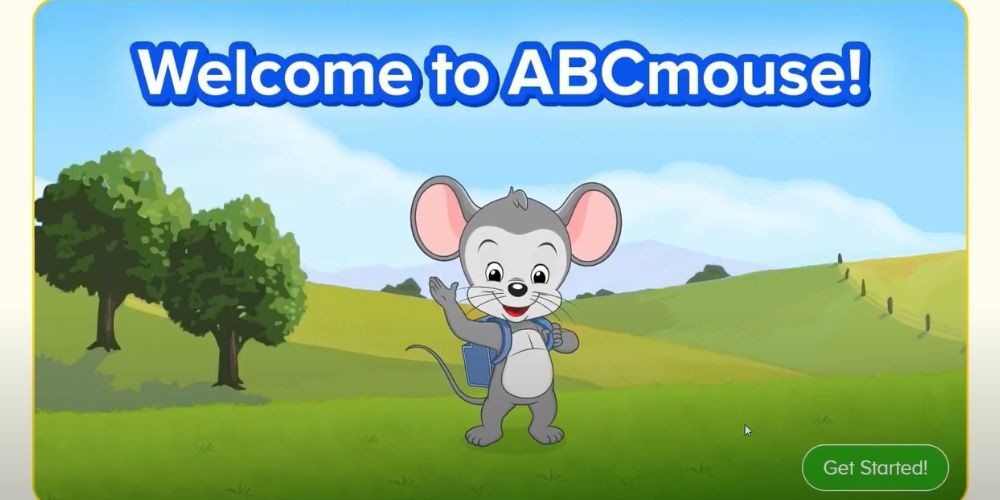
As a comprehensive educational app, ABCmouse offers a variety of subjects for children aged 2-8. Its interactive and exploratory approach helps establish a solid educational foundation.
- Pros: An extensive curriculum and interactive content engage children effectively at different levels.
- Cons: The subscription model might require a commitment some parents are hesitant to make initially.
3. Khan Academy Kids: Embracing Holistic Learning
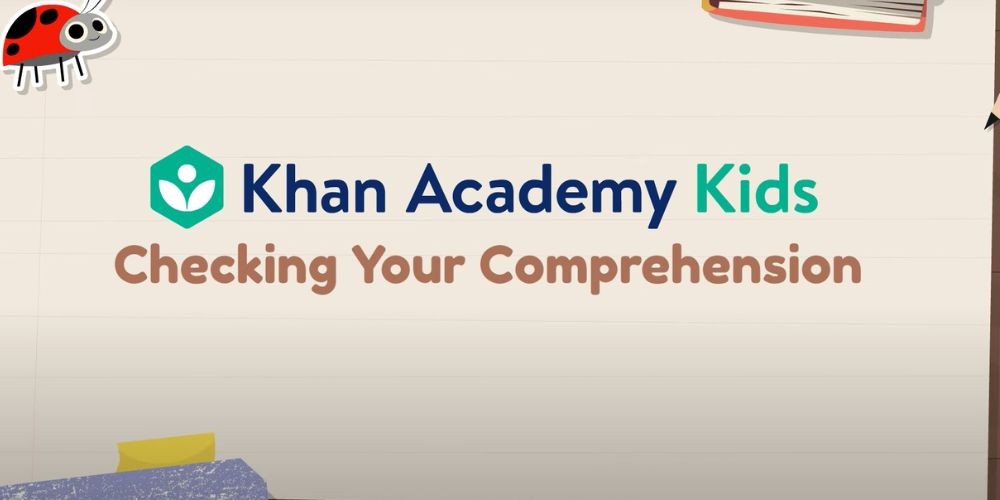
Khan Academy Kids delivers an expansive range of educational activities. With a focus on personal growth and subject mastery for kids aged 2-7, it’s a free resource that encourages continuous learning.
- Pros: It’s completely free and includes a variety of developmental activities.
- Cons: The app focuses on early learners, and older children might outgrow the content.
4. Duolingo ABC: Read with Ease
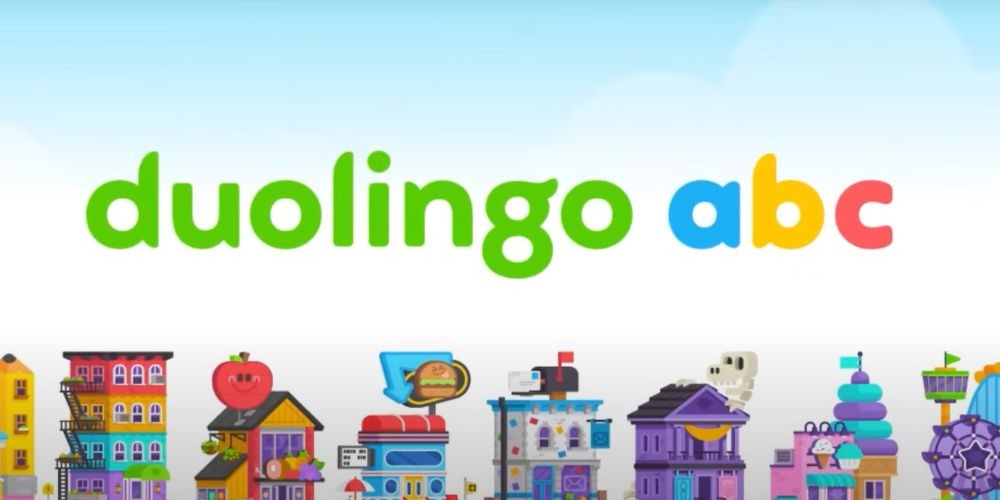
Duolingo ABC serves as a prime tool for reading and writing for children aged 3-7, using playful lessons and engaging visuals.
- Pros: The app is free, and it delivers phonics-based learning without distractions from ads or in-app purchases.
- Cons: It is best suited for early literacy stages and might be limited to advanced readers.
5. ScratchJr: Young Coders’ First Steps
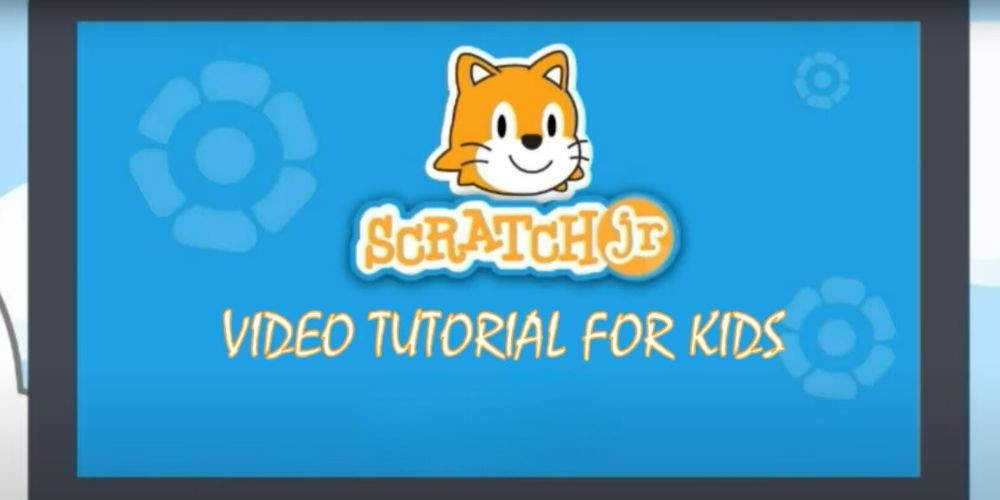
With ScratchJr, children aged 5-7 learn the basics of coding through storytelling and animation, fostering a strong foundation in logical thinking and problem-solving.
- Pros: The app promotes STEM skills early on and is wonderfully free to use.
- Cons: Its relatively narrow age range may require supplemental resources as children grow older.
6. Sago Mini World: A Playground of Imagination
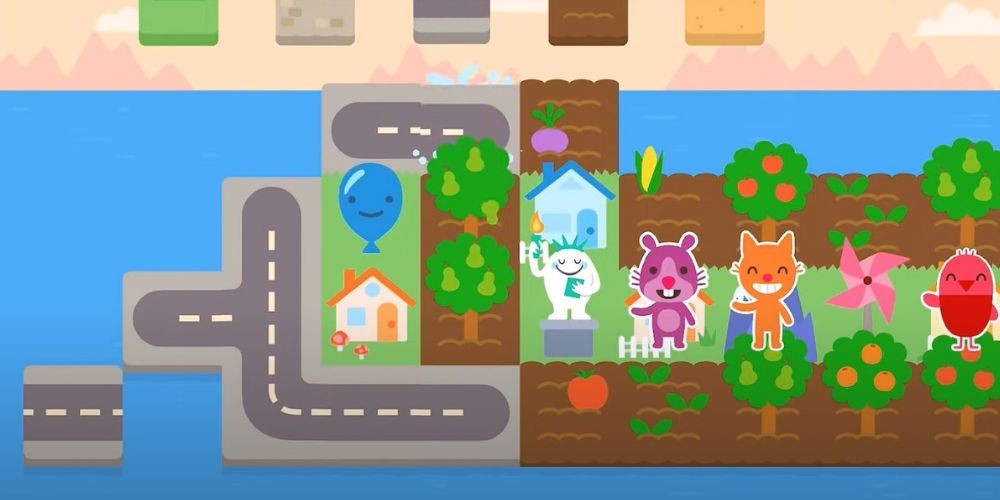
Sago Mini World delights preschool kids with a plethora of games that nurture creativity, exploration, and cognitive skills.
- Pros: Tailored for preschool-aged children, it offers a wide variety of safe and engaging games.
- Cons: It is a subscription-based service, which might not be suitable for all.
7. Prodigy Math Game: Adventure Meets Arithmetic

Transforming math into an adventure, Prodigy Math Game is perfect for students in grades 1-8. Its game-based learning ensures that children enjoy practicing their math skills.
- Pros: The free core content aligns with curriculum standards; the game format is highly motivational.
- Cons: While free, premium features may lead to requests for paid content from eager young learners.
8. Reading Eggs: Crack Open Literacy Skills
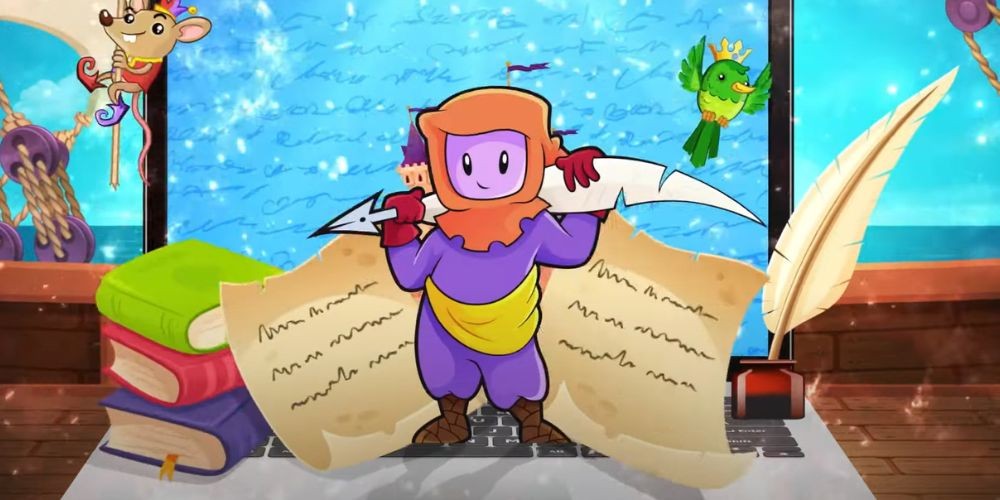
Reading Eggs caters to children aged 2-13 by turning reading into an interactive journey composed of games, songs, and rewards.
- Pros: A broad age range of tailored reading content and a trial period offer flexibility and ease of use.
- Cons: Post-trial, the subscription fee is necessary to continue the full experience.
9. BrainPOP Jr. Movie of the Week: Educational Cinema at Your Fingertips
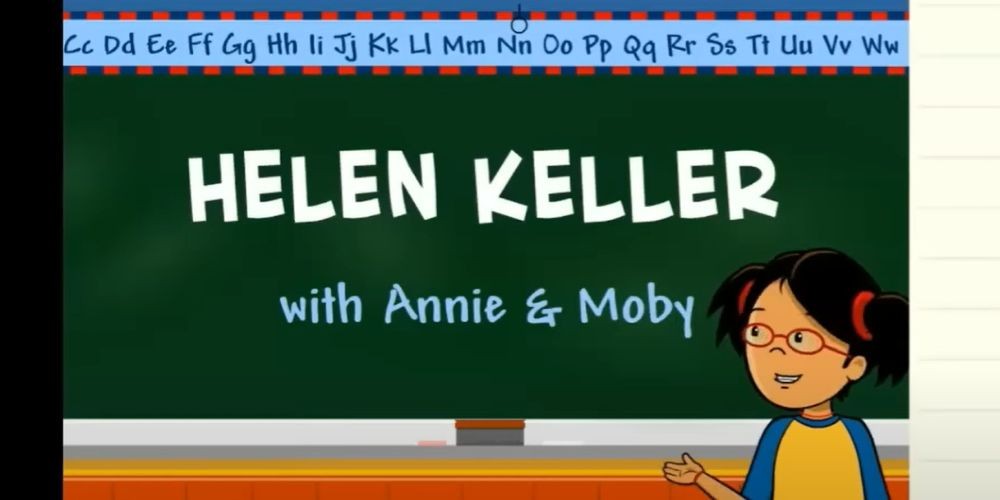
BrainPOP Jr. revolutionizes learning for kids aged 3-7, using animated movies to explain complex subjects in digestible chunks.
- Pros: Weekly free videos provide a taste of diverse topics in an engaging format.
- Cons: To access the complete library, a subscription is required, which may be a barrier for some families.
10. Teach Your Monster to Read: A Literacy Adventure
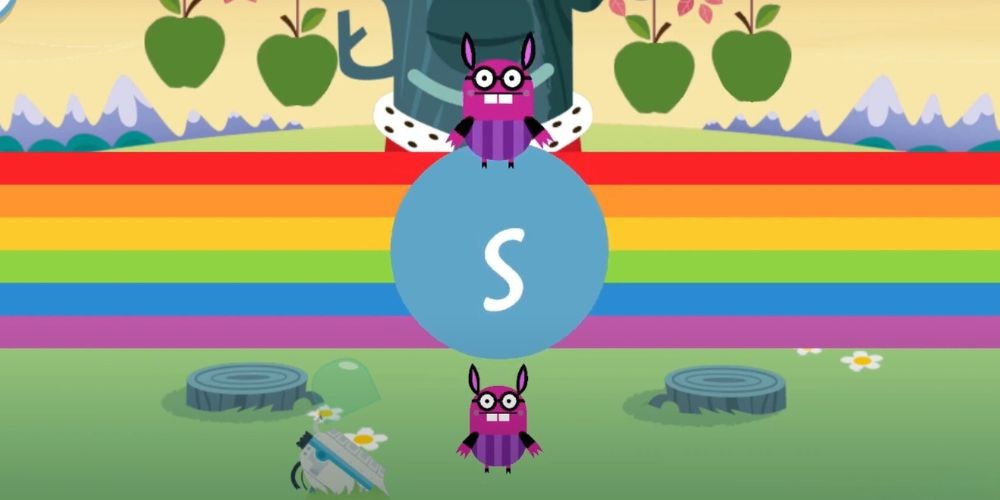
Engage kids aged 3-6 in learning phonics and reading with Teach Your Monster to Read. This app combines a personalized experience with playful interaction.
- Pros: The web version is free, and the app is loved for its effective and fun approach to learning.
- Cons: The app version can incur costs, which might not appeal to everyone.
11. MarcoPolo Learning: Early Learning Ecosystem
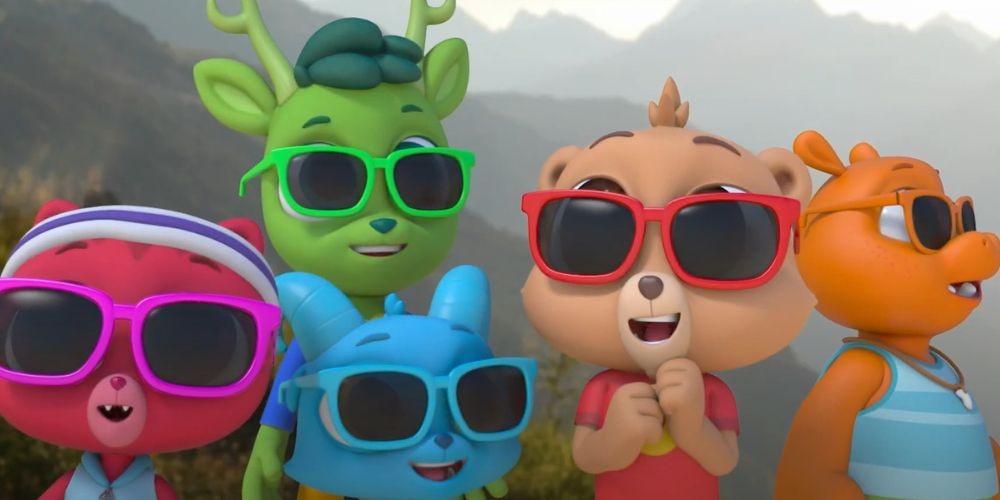
MarcoPolo Learning builds foundational skills for children aged 3-7 with its comprehensive curriculum in STEM and literacy.
- Pros: A well-rounded and beneficial early learning platform spread across several subjects.
- Cons: It’s another subscription-based app, and the child’s engagement can be variable.
12. Todo Math: Numbers Made Easy
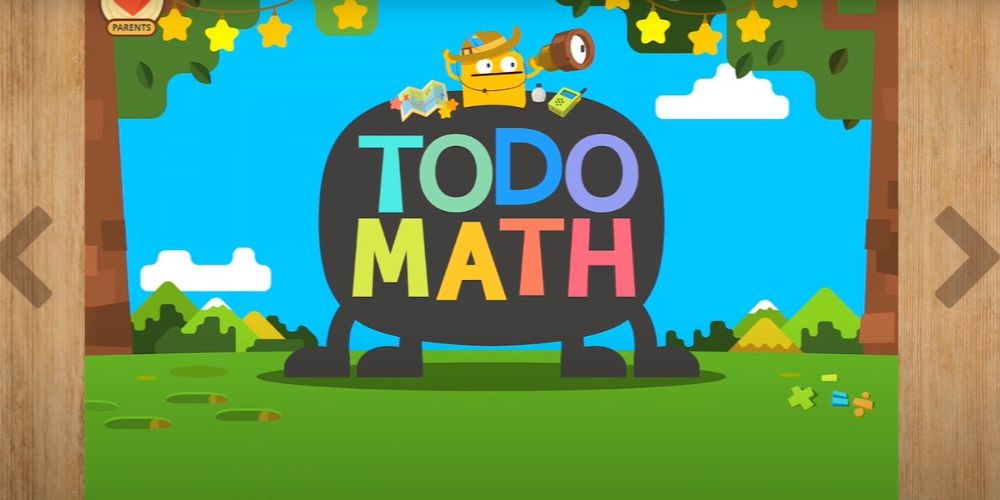
Todo Math takes young learners aged 3-8 through an array of math games and activities designed to cater to individual learning speeds.
- Pros: Standards-aligned activities and an inclusive design welcome all learners.
- Cons: To unlock its full potential, parents will need to consider the subscription cost.
In reviewing user feedback across various platforms, SplashLearn consistently receives high praise for its comprehensive content and engagement level. Its ability to cover a wide age range and learning topics, as well as its user-friendly design, make it a popular choice among children and parents alike. Education does not have to be a chore — with the right tools, it can certainly be a pleasure.
Frequently Asked Questions (FAQs)

Can learning apps improve educational outcomes?
Yes, when used effectively and as part of a balanced educational approach, learning apps can enhance educational outcomes by making learning interactive and personalized.
How much screen time is recommended for children using learning apps?
While educational screen time can be beneficial, it's essential to follow pediatric guidelines. They often recommend no more than 1-2 hours of quality screen time per day for 2-5-year-olds and consecutive limitations for older children.
Should learning apps be used to replace teachers?
No, learning apps should complement, not replace, traditional teaching methods and the valuable personal interaction that teachers provide.
Are free educational apps good quality?
Many free educational apps, like Khan Academy Kids, offer high-quality, curriculum-based content. However, the quality can vary, so it's important to review each app individually.
Latest Articles
-
![Whispered Treasures: The Enchanting Quest for Chijiko in Nioh 3]() Whispered Treasures: The Enchanting Quest for Chijiko in Nioh 3
Nioh 3 immerses players Within a realm where each nook conceals a hidden mystery, … playful secret waiting to be revealed. Among these secrets are the elusive handbell collectibles known as Chijiko. Their presence adds both charm and tangi...
Whispered Treasures: The Enchanting Quest for Chijiko in Nioh 3
Nioh 3 immerses players Within a realm where each nook conceals a hidden mystery, … playful secret waiting to be revealed. Among these secrets are the elusive handbell collectibles known as Chijiko. Their presence adds both charm and tangi... - Editor's Choice
- Frederick Clark
- 06/02/2026
-
![Exciting New Era: Streaming Service Unveils 2026 Slate Featuring Jonah Hill’s Outcome]() Exciting New Era: Streaming Service Unveils 2026 Slate Featuring Jonah Hill’s Outcome This recent announcement by a popular streaming service signals an exciting chapter ahead in 2026, setting the stage for breakthroughs in content and providing a glimpse into the impressive slate planned for the next 11 months.
At a high-p...
Exciting New Era: Streaming Service Unveils 2026 Slate Featuring Jonah Hill’s Outcome This recent announcement by a popular streaming service signals an exciting chapter ahead in 2026, setting the stage for breakthroughs in content and providing a glimpse into the impressive slate planned for the next 11 months.
At a high-p... - News
- Eleanor Wilson
- 06/02/2026
-
![Capcom Unveils Anniversary Hub and New Installment for 20-Year Legacy]() Capcom Unveils Anniversary Hub and New Installment for 20-Year Legacy Capcom has unveiled a dedicated online platform to mark the twenty-year milestone of a cherished game. Among several celebrated moments in gaming this year, the notable title commemorates its anniversary in April with a special website desi...
Capcom Unveils Anniversary Hub and New Installment for 20-Year Legacy Capcom has unveiled a dedicated online platform to mark the twenty-year milestone of a cherished game. Among several celebrated moments in gaming this year, the notable title commemorates its anniversary in April with a special website desi... - News
- Frederick Clark
- 06/02/2026






